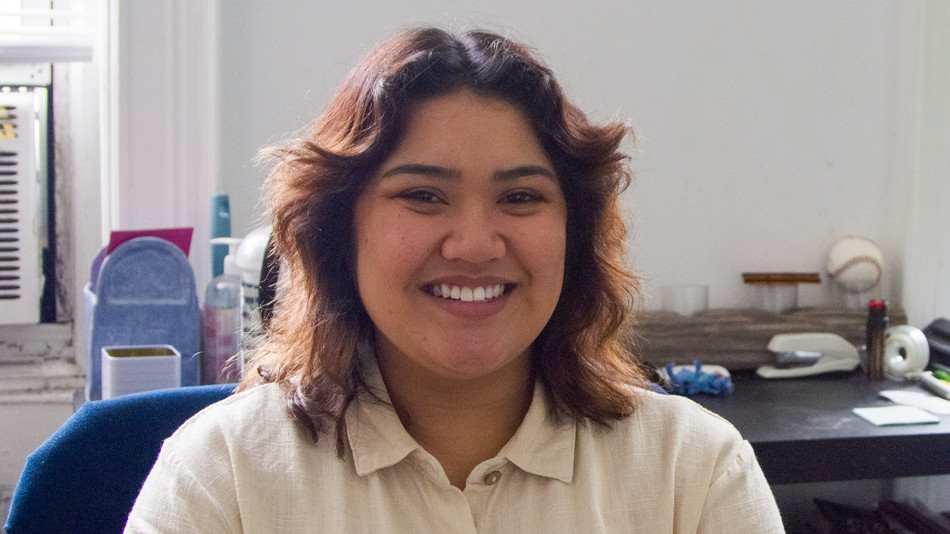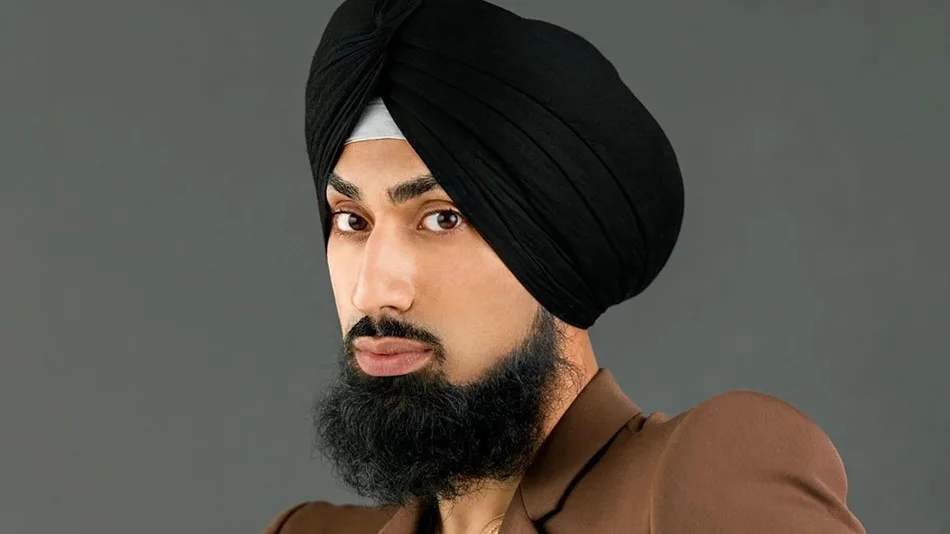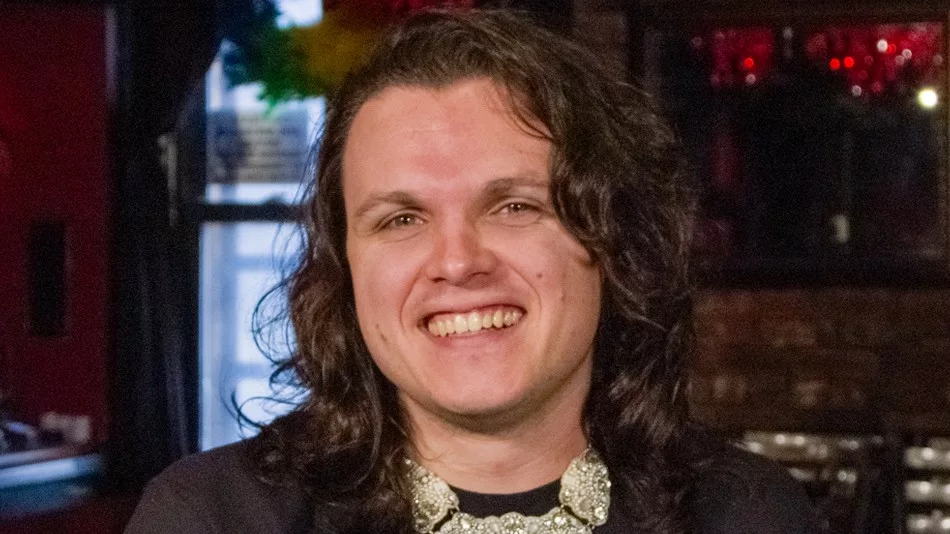My name is Will Verchereau. I’m from Lansing, Michigan.
In May 2011, I found myself freshly graduated from Michigan State University and crying alone in my closet in my apartment, blasting Stevie Nick’s “Landslide.” Everyone was telling me that it was going to be really hard to find a job, and it was going to be really hard to find a job for everybody. But I was concerned that for me specifically, as someone who identified as gay, that that was going to be a challenge for me.
Lo and behold, a couple of months later, I landed a job. I landed a paid internship with a financial services organization. After I landed that internship and after I started that role, I stopped alternating between my boxy blue Men’s Warehouse suit and my boxy gray Men’s Warehouse suit and started wearing things that I thought… I found myself more comfortable in. I was wearing blazers that I had thrifted. I was wearing some pocket squares that my grandma had made for me.
A couple of months after I started, that company hired a new vice president of communications. Shortly after that, my manager at the time pulled me aside and said that she had some feedback for me. This new vice president of communications had asked her to tell me to “tone it down.” I was fully within the definition of appropriate dressing at this company. But I was still mortified.
I ended up finding a new job after that. On my last day at that job, I wore the biggest cocktail ring I had. I wore a favorite thrifted blazer. I wore a pocket square that my grandma had made for me. I shook that man’s hand, and I walked out the door.
Several years later, I’d been working in financial services. I’d been with a company for almost 10 years. I was ready to do something different. I learned about an opportunity with a law firm. I was able to interview and land this new job. I wasn’t in any office. I was working remotely. I had to reach out specifically and intentionally to build connections with people. I found that everyone was really welcoming. But that respect came out as things like, “Hello, sir,” or, “Welcome, sir.” Or if I was in a group of men, like, “Gentlemen.” It started to make my skin crawl. Something didn’t feel right. I started talking about it with my husband. It started to dawn on me that I’m not fitting in this “sir” box.
It started to dawn on me that I'm not fitting in this “sir” box.
During the pandemic, I was starting to grow my hair out. I remember this moment where my hair was starting to curl. I looked in the mirror. I thought, “I have curly hair. That’s amazing.” Then, I started to wear things that made me feel good at home, so things that were a little bit more flowy and not the structured suits that I was wearing. I started going back to the thrift store and finding clothes that were maybe on the women’s side of the thrift store. They made me feel so much better.
As I wore more of those things at home and my hair continued to grow, and I talked more about these experiences with my husband, I recognized that I’m non-binary. As I had more conversations at home, as I started to feel more comfortable in my body and my own skin, and as I started to feel how good it felt for people to refer to me as “they” or “them,” I realized that it was time for me to come out professionally too.
One team meeting, we were going around and giving our updates. It got to me. I thought, Well, I guess this is it. I simply said, “Just so you all know, I identify as non-binary. I’m using they/them pronouns moving forward, and I would really appreciate you helping me use those pronouns.” I got almost no reaction. It was fine.
Everyone said, “Okay, thank you for letting us know. That’s great.” We moved on. I gave the rest of my updates about work. It was a non-issue.
About a year into me being with this law firm, I was asked to attend a diversity reception, so an opportunity for us to talk to law students about our firm and for these law students to share more about themselves with us. We were specifically/intentionally inviting people who were underrepresented in law, so think Black students, women, LGBTQ people. We really wanted to show off who we are as a firm.
I went to the event. I bottled myself up a little bit. I put on a suit that I liked, a suit that I feel good in, but ultimately, it’s a bit more subdued. I put my hair up. I wore earrings. Actually, these earrings here: something a little bit simpler, something that wasn’t going to be as me.
As I walked past this small group of people, someone reached out to stop me. I turned. I read this man as cis, as straight, as a Black man, a Black student who was here to learn more about our law firm. He was pointing to my earrings.
He said, “You can wear those? You can wear your earrings? I took mine out because I wasn’t sure if you all would like them or if I could even wear those in a professional setting.” It just lit a fire in me: that I need to be me in that moment.
I said to him, “Yes, you can wear your earrings. You can have tattoos. That’s okay. We’re just here to work together and do our best for our clients.” I talked a little bit more with him about what he wanted to do, what his area and his interest in law was, and we ended the conversation.
After that moment, I realized that I had a responsibility to show up as myself whenever possible and that I couldn’t hold myself back. I found that I get so many more compliments that way. People love the pants that I’m wearing or tell me that my hair looks amazing. Then, we connect on so many other things after that.
It’s opened so many more doors for me to show up as myself than I ever thought possible. By connecting and showing off who I am, I’m better able to build relationships because I’m not spending all my mental energy holding myself back.








Share